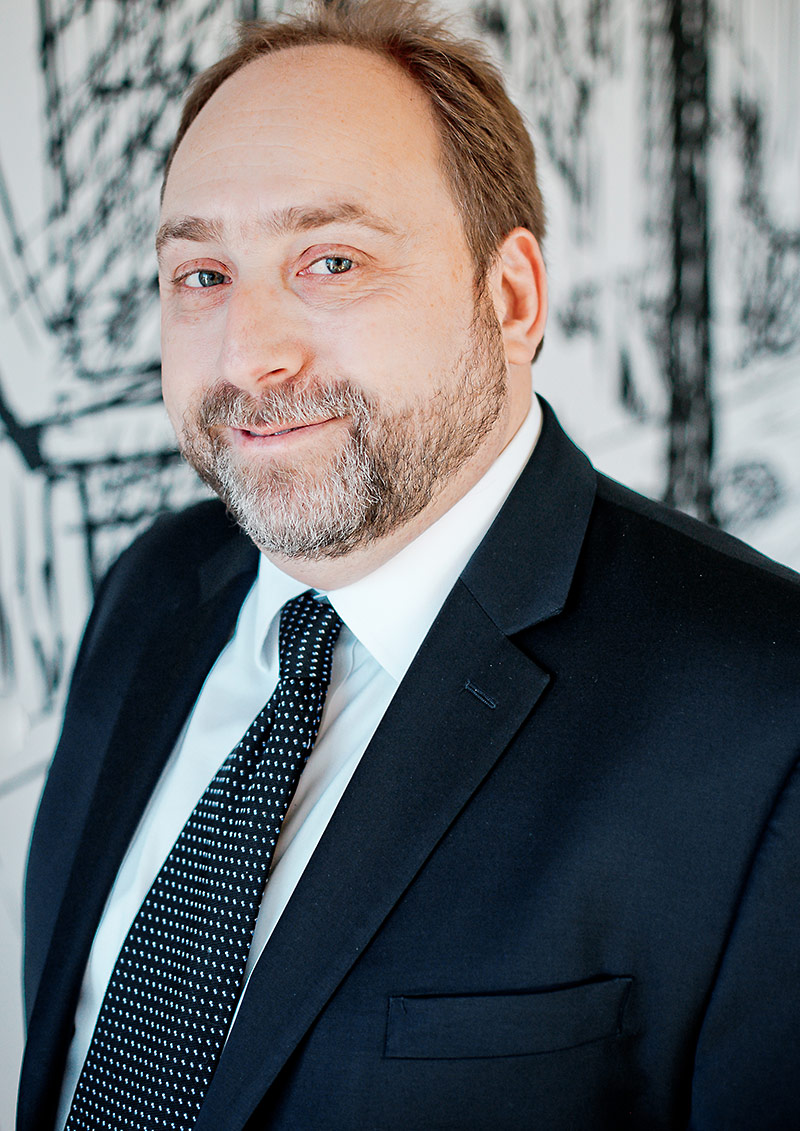
Ilia Salita
Published:
Genesis Philanthropy Group and Russian-Language Dimensions in Testimony
On the eve of World War II, the Soviet Union was home to more than 5 million Jews. During WWII, 500,000 of them fought against the Nazis as soldiers in the Red Army, contributing to the ultimate defeat of the Axis powers, while more than 2 million others were murdered in the Holocaust. For anyone from the former Soviet Union (FSU) the Holocaust is remembered in tandem with WWII, which for decades was hailed as one of the biggest victories of the people of the Soviet Union. As a result, a narrative of bravery, perseverance and resilience is strongly embedded in the collective remembrance of Jews from the FSU, along with the horrors of the Shoah.
This year, the Institute partnered with Genesis Philanthropy Group (GPG), a global foundation dedicated to developing and enhancing Jewish identity among Russian-speaking Jews. Today, the Russian-speaking Jewish community is dispersed throughout the world — in Israel, the United States, Europe, the various countries of the former Soviet Union, and elsewhere. Together, GPG and the Institute are working to collect and disseminate Russian-language Dimensions in Testimony (DiT) interviews. DiT interviews allow for viewers to ask questions of digital representations of genocide survivors.
When collected, the Russian-language DiT interviews will enable millions of Russian speakers worldwide to experience interacting with a survivor of the Holocaust, who lived through the Shoah on the territories of the FSU, as well as with a Jewish veteran of the Soviet Army, preserving the contributions of Soviet Jews to the victory over Nazi Germany. This will not only greatly resonate with Russian-speaking Jewish audiences but will also highlight an important part of World War II and the Holocaust that has largely been neglected in the historical record.
“This effort is especially important now when the world is experiencing a rise of violent antisemitism,” says Ilia Salita, CEO of GPG. “We believe that DiT will help counteract this and, more broadly, to disseminate knowledge about the tragedy of Soviet Jewry during the Shoah and the heroism of Jews who fought against the Nazis.”